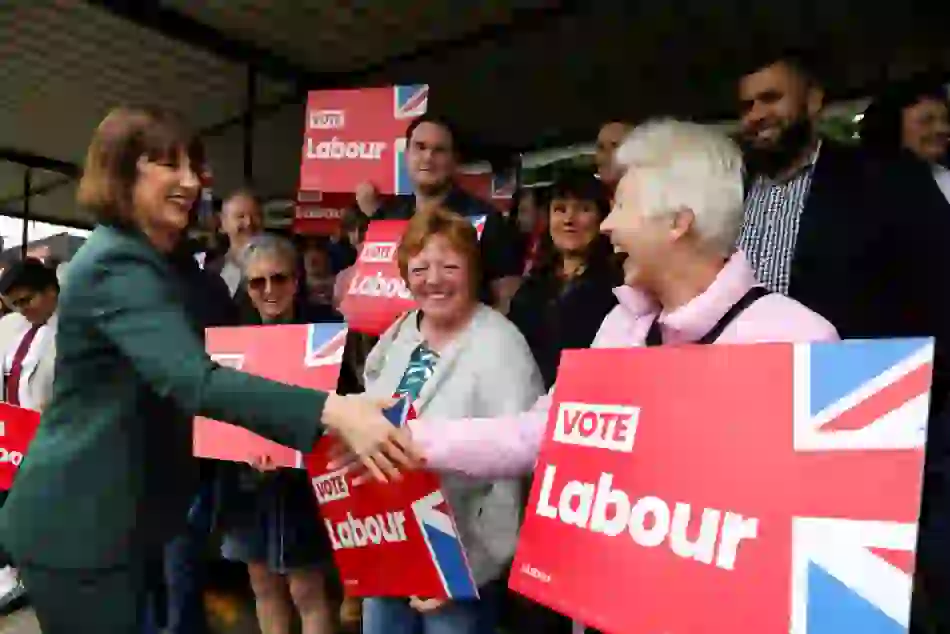Since taking power in the country for the first time in 14 years at the general election in July, the ruling Labour Party in the United Kingdom has lost more than 40 percent of the council seats it was defending in local elections across England, Scotland and Wales, new data have shown.
Although Labour increased its number of parliamentary seats from 201 in the 2019 election to 412 in 2024, its share of the vote only went up by 1.6 percentage points to 33.7 percent.
The previously ruling Conservative Party saw its seats slide from 365 in 2019 to 121 in 2024, with 23.7 percent of the vote, down by nearly 20 points, so Labour’s victory was significantly fueled by public rejection of the main alternative option.
In council elections since July, Labour has defended 58 seats, retaining 34 but losing 24 others, to parties from all across the political spectrum, but most significantly the Conservatives, who have taken 14 of them. Labour has also taken five more seats that it did not previously hold.
Political analyst David Cowling, who conducted the research, told the Financial Times that the speed of the swing back from Labour to the Conservatives, who recently selected Kemi Badenoch as party leader in succession to Rishi Sunak, was remarkable.
“You would expect a governing party to take a bit of a hit after a general election, but certainly not as immediate nor as drastic as this,” he said.
Another analyst, former Conservative Member of Parliament Robert Hayward, said it was “unprecedented that an incoming government has been subjected to the wrath of voters in so many councils over the last four months”.
Across September and October, Labour lost 12 seats in less than a month, results that came after party leader Keir Starmer’s first months as prime minister were blighted by negative publicity about gifts and hospitality he had accepted from party donors.
Although the turnout for council by-elections is usually low, and the key issues are often local rather than national concerns, the results can be unrepresentative. Luke Tryl from the More in Common think tank told the Daily Telegraph newspaper that the results should be a worry for Labour at a national level.
“Firstly, the fragmentation of our politics into a multiparty system where the Greens and Reform occupy the left and right flanks is continuing,” he noted.
“Secondly, the rapid drop in Keir Starmer’s approval ratings and the lack of honeymoon for this administration is so far being played out in these by-elections, with voters already showing a willingness to punish Labour.”
Replying for the government, a spokesperson told the Financial Times: “This new Labour government inherited unprecedented challenges from the Conservatives, with crumbling public services and crippled public finances. We’ve already begun fixing the foundations and delivering change.”










